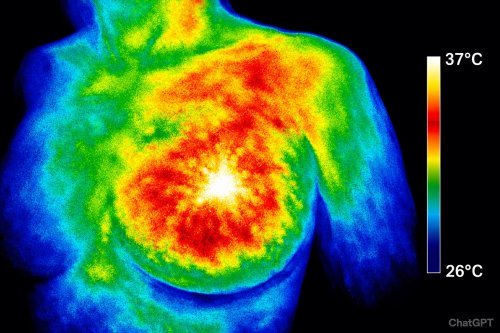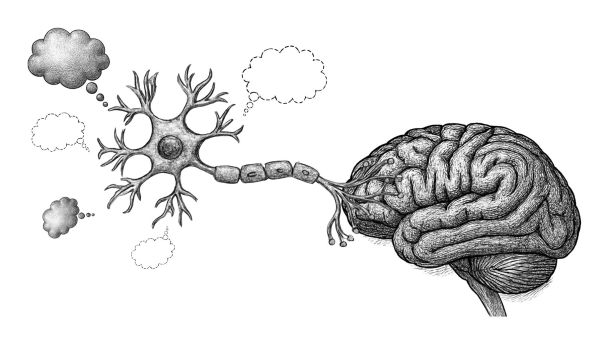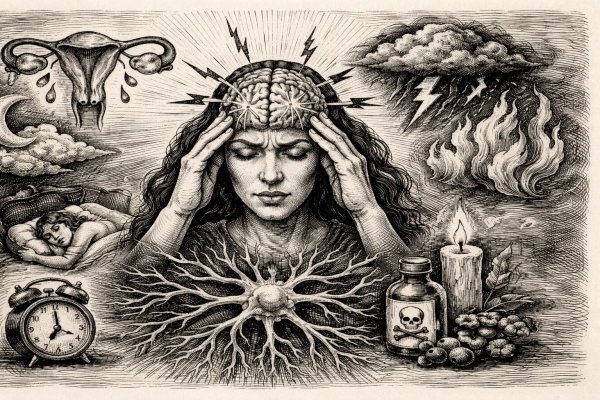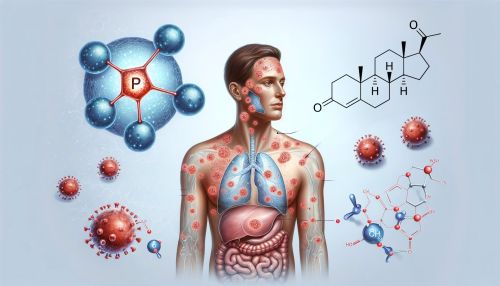Pituitary Tumor- high prolactin level
by RJ
I hope to get some guidance for my situation so I can take control. I am 43 year old female and was diagnosed with a very small pituitary tumor 8 years ago.
It was small but resulted in irratic period 3 per year, nerve disorder in my right arm, etc. I changed my lifesyle and diet which helped greatly but now it is back. I have had no period for 6 months and a recent blood test show that my prolactin is very elevated. I am going to have a CT scan in a few days which may result in presciption drugs to lower the elevation and reduce the tumor.
My question is -- is there a natural solution? Can vitex and or l-tryosine also balance the elevation? Is there anything else I should consider?
Also is this a cause of too much estrogen or too much progesterone
Thanks for any and all responses.
Comments for Pituitary Tumor- high prolactin level
|
||
|
||
|
||

 Memory is the brain’s ability to store and recall information. When this system fails, we experience memory loss, which ranges from mild forgetfulness to severe cognitive impairment such as dementia o…
Memory is the brain’s ability to store and recall information. When this system fails, we experience memory loss, which ranges from mild forgetfulness to severe cognitive impairment such as dementia o… Migraines aren’t just intense headaches — they’re a systemic neurological crisis that disrupts your senses, drains your energy, and derails your life. What most people don’t realize is that women are…
Migraines aren’t just intense headaches — they’re a systemic neurological crisis that disrupts your senses, drains your energy, and derails your life. What most people don’t realize is that women are… Psoriasis is commonly seen as a skin problem — red, scaly patches that itch and flare without warning — but research shows the real driver may be hormonal imbalance deep inside the body, especially lo…
Psoriasis is commonly seen as a skin problem — red, scaly patches that itch and flare without warning — but research shows the real driver may be hormonal imbalance deep inside the body, especially lo…